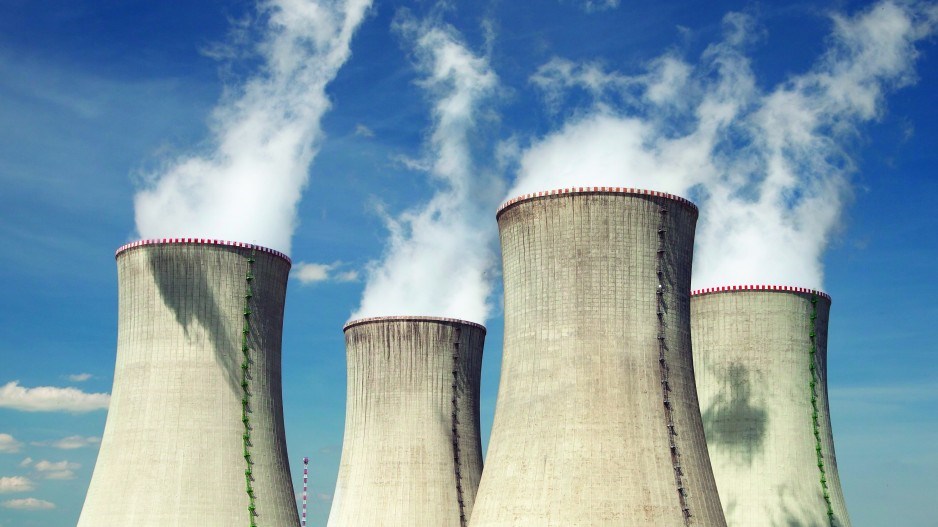Second part in a series on climate change policies.
Somewhere between the extremes of the “degrowth” movement and the “nothing to see here” perspective of climate-change deniers are a group of environmentalists who call themselves “ecomodernists.”
They appear to be as concerned about tackling climate change as Al Gore, Naomi Klein and Bill McKibben.
But their prescriptions for dealing with climate change and other environmental issues are very different from the ones offered by the Solutions Project in the U.S. and the Leap Manifesto in Canada.
Like the Leapers, ecomodernists also have a manifesto – signed in 2015 by 18 environmentalists, scientists and economists, including Stewart Brand, one of the godfathers of American environmentalism.
It’s a paradigm that may appeal to business people, since it doesn’t require stopping the economy in its tracks to address climate change, as advocated by the degrowth movement.
Ecomodernists promote a pro-capitalist approach based on the idea that prosperity is necessary for the energy transition that is needed to address climate change – especially in the developing world.
One of the movement’s co-founders, Michael Shellenberger, is a U.S. environmentalist who advocated against nuclear power and for renewable energy, and then changed his mind.
He now advocates nuclear power as the best way to tackle climate change. He also argues for “decoupling” economic growth from emissions reduction.
“If you really embrace ecological modernization, all of the things that you’re doing to reduce environmental impact are productivity and efficiency enhancement,” he told Business in Vancouver. “So you’re growing more food on less land with fewer resources. You’re using less land for energy production. So it’s just cheaper to produce more energy on less land, more energy with less mining.”
Shellenberger has spent a lot of time in developing countries. He worries they may never lift themselves out of poverty if they are denied the ability to harness the kinds of fuels and energy technologies that the developed world was built on.
“I think that the use of wood fuel is the cause of the biggest environmental disaster in the world, even bigger than climate change – mostly the use of wood fuel by poor people,” Shellenberger said. “I spent a month in sub-Saharan Africa. I spent a lot of time in India, and basically I have come to believe that’s the biggest problem, because it destroys forests, it kills wildlife and it keeps people back in poverty.”
Blair King, a chemist who writes about energy and environmental issues in his blog, A Chemist in Langley, promotes the ecomodernist view.
“As we get richer, people care more about the environment because they can,” he said. “And as we get poorer, people care less about the environment and more about feeding their kids.
“I believe that we, as a society, need to move to an ecomodernist view, which is a decoupling of economic growth with environmental impact. And that means alternative energies – coupled with nuclear – intensification of urbanization, and increasing the intensity of our farming so that we can reduce our impact on the natural environment.”
Whereas the Leap Manifesto calls for phasing out all fossil fuels, ecomodernists support natural gas as a firm backstop to intermittent wind and solar power.
And whereas Leapers call for a “more localized and ecologically based agricultural system,” ecomodernists call for more intensive agriculture that uses technology, including genetically modified crops, to increase yield.
Where degrowthers imagine a back-to-the-land movement in which everyone consumes less, ecomodernists call for shrinking humanity’s footprint by having more people living in cities.
And while many environmentalists call for 100% of the world’s energy to come from renewable energy – primarily wind and solar power – ecomodernists say nuclear power is the single best way to produce low-carbon energy with a small physical footprint.
“If you’re trying to save the natural environment, then you want to use less of it for food and energy production,” Shellenberger said. “So if somebody’s proposing to save the environment by using more of the environment, something has gone deeply wrong.”
See related Q&A with Michael Shellenberger




